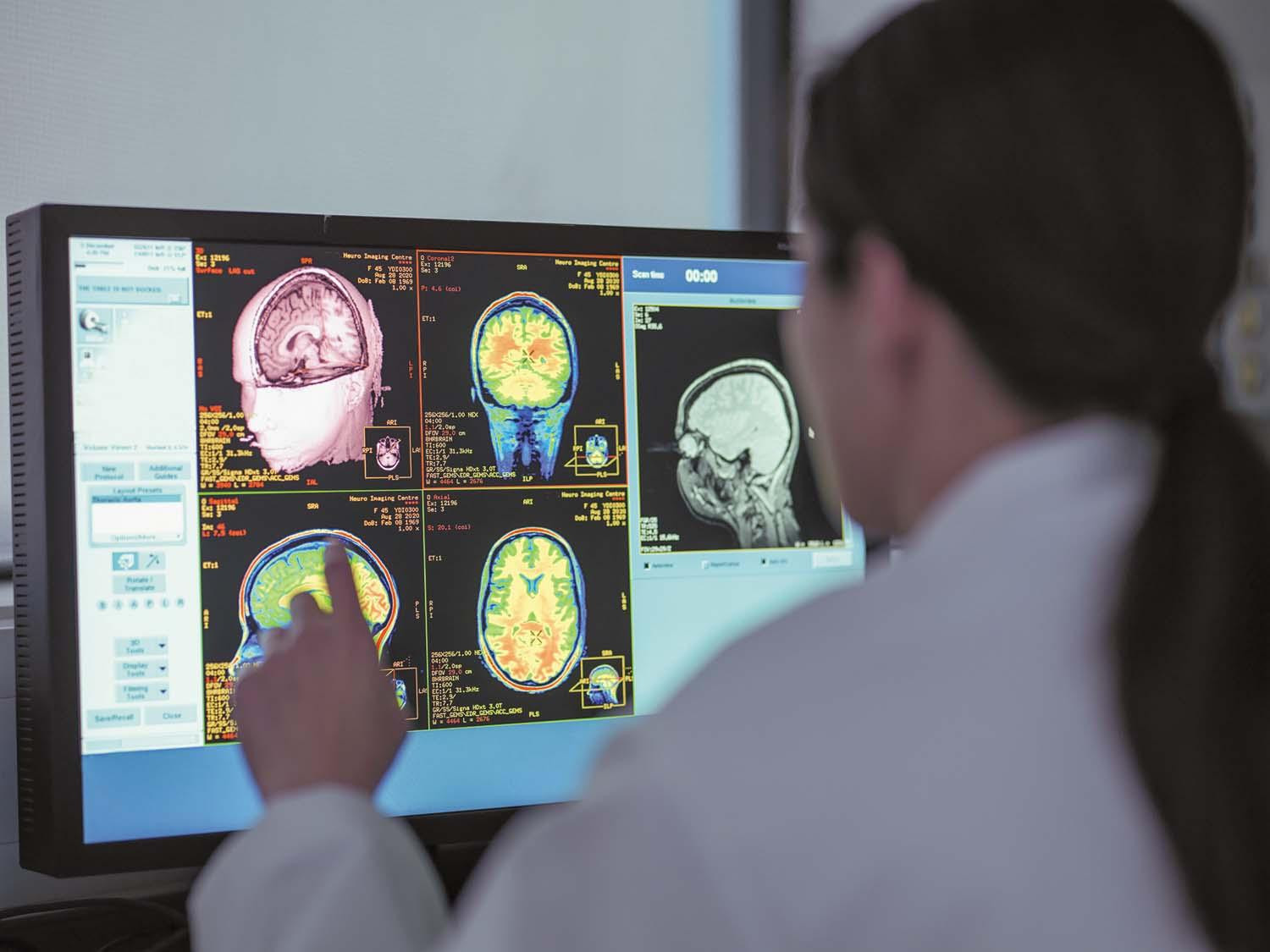Can our brain talk to our immune system?
Ask the doctor

Q. I know our brains influence most of the organs in our body. Could the brain strengthen our immune system?
A. Although the idea was controversial at first, it’s now clear that the brain regularly sends signals that influence the immune system, and the immune system regularly sends signals to the brain. Still, many scientists were amazed by a recent study that showed just how potentially powerful the brain’s influence on the immune system can be.
When an infectious agent — such as a virus or bacterium — enters your body, your immune system recognizes it as foreign and attacks it. If you have encountered a particular invader before, or been vaccinated against it, your immune system remembers it and attacks more swiftly and effectively this time.
But what if you’re infected with a type of virus or bacterium that’s new to your body? We’ve always assumed that the immune system response begins just after the infectious agent enters the body. The surprising recent study, published in the August 2025 issue of the journal Nature Neuroscience, asked what would happen if your brain thought you were about to become infected, although no microbe had yet entered your body.
The scientists gave virtual reality headsets to 250 healthy volunteers. The headsets showed different people approaching the study participants. Some of the approaching people appeared to be healthy. Others appeared to be infected: some were coughing or sneezing and others had bad rashes that looked diseased.
The brains of the study volunteers were monitored by brain wave studies, MRI, and blood tests for brain hormones. The response of their immune system was evaluated by multiple blood studies.
When study volunteers saw an approaching healthy person, there was no activation of their brain or immune system. However, when the study volunteers saw a “sick” person approaching, a characteristic pattern of activity began in the front of their brain, followed by the release of chemicals into the blood to alert the immune system, followed by the activation of the immune system (like that seen after receiving a vaccine or an actual infection). In other words, the brain can tell the immune system to prepare for an impending infection even before a microbe enters our body.
So, to answer your question, the brain appears to have the power to strengthen the immune system. The question is whether scientists can learn to harness the power of the brain to influence our immune system, and other organs, to improve our health. That is an active area of research, and this recent evidence likely will encourage more such studies of the mind-body connection.
Image: © Monty Rakusen/Getty Images
About the Author

Anthony L. Komaroff, MD, Editor in Chief, Harvard Health Letter; Editorial Advisory Board Member, Harvard Health Publishing
Disclaimer:
As a service to our readers, Harvard Health Publishing provides access to our library of archived content. Please note the date of last review or update on all articles.
No content on this site, regardless of date, should ever be used as a substitute for direct medical advice from your doctor or other qualified clinician.
















